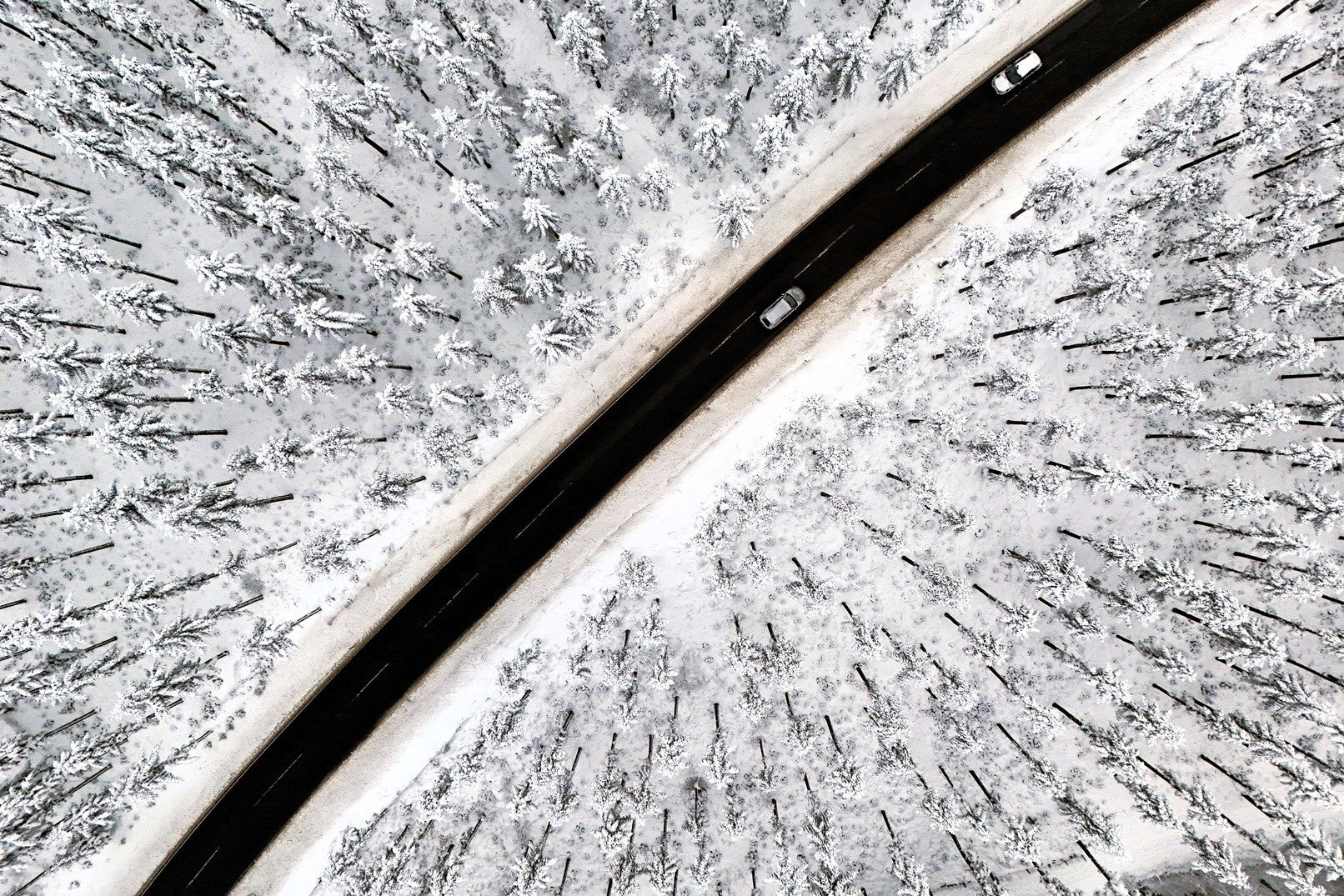Electric cars fail less in extreme cold than fuel-powered vehicles, Norwegian breakdowns reveal
Figures from Norway’s Viking come amid reports of Tesla issues in subzero temperatures
Cold weather leads to more breakdowns for fuel-powered cars than electric vehicles, according to a Norwegian road assistance service.
During extreme cold conditions at the start of the year, breakdown firm Viking responded to 34,000 assistance requests in Norway.
Only 13 per cent of these were for electric vehicles, despite the country having a world-leading EV share of more than 24 per cent.
The latest figures, first reported by Electrek, come amid reports that electric cars and their charging stations are failing in cold conditions across the US.

Tesla owners in Chicago were forced to abandon their vehicles after failing to charge the batteries in sub-zero temperatures.
Electric cars can experience reduced range and difficulties charging in freezing conditions, with studies suggesting range loss can vary from 10 per cent to 36 per cent.
Batteries also need to be a minimum temperature to accept a charge at fast-charging stations, which require the electrons within them to be warm enough for the electrons to move around.
Tesla has acknowledged the issue, offering advice to owners on its website.
“In cold weather, vehicles use more energy to heat the battery and cabin, and it’s normal to see energy consumption increase,” the electric car maker notes.
“Leaving your vehicle plugged in whenever possible and keeping the charge level above 20 per cent when not plugged in will reduce the impact of cold temperatures.”
Selecting a scheduled departure time can also help some electric car models precondition the battery to reduce the impact of the cold weather.
Experts have encouraged automakers to come up with more ways to protect batteries in cold weather and methods to warm them up ahead of charging.
“Pretty much anything that’s a chemical substance slows down when you get to a low temperature, that’s just something that nature has given us, and we have to deal with that,” Neil Dasgupta, associate professor of mechanical and materials science engineering at the University of Michigan, said this week.
“You can be an EV driver in a cold-weather climate. Be optimistic and excited about what the future holds because it’s only going to get better from here.”
Join our commenting forum
Join thought-provoking conversations, follow other Independent readers and see their replies
Comments
Bookmark popover
Removed from bookmarks